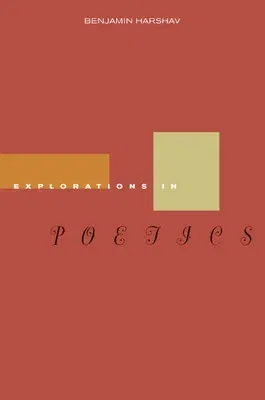This collection of essays, originally published at different times,
presents a coherent, systematic, and comprehensive theory of the work of
literature and its major aspects. The approach, which may be called
"Constructive Poetics," does not assume that a work of literature is a
text with fixed structures and meanings, but a text that invites the
reader to evoke or project a network of interrelated constructs,
complementary or contradictory as they may be. The work of literature is
not just a narrative, as studies in narratology assume, but a text that
projects a fictional world, or an Internal Field of Reference. Meanings
in a text are presented through the evocation of "frames of reference"
(scenes, characters, ideas, etc.). Language in literature is
double-directed: it relates the Internal Field to External Fields and
vice versa. The essays explore the problems of fictionality,
presentation and representation, metaphor as interaction between several
frames of reference, the theory of "Integrational Semantics" in literary
and other texts, the meaning of sound patterns in poetry, and the
question of "literariness." This theory and its specific aspects were
developed by the author in Israel in the 1960s and 1970s and lay at the
foundations of the Tel-Aviv School of Poetics. Revived now, it resonates
with the current mood in literary criticism.

